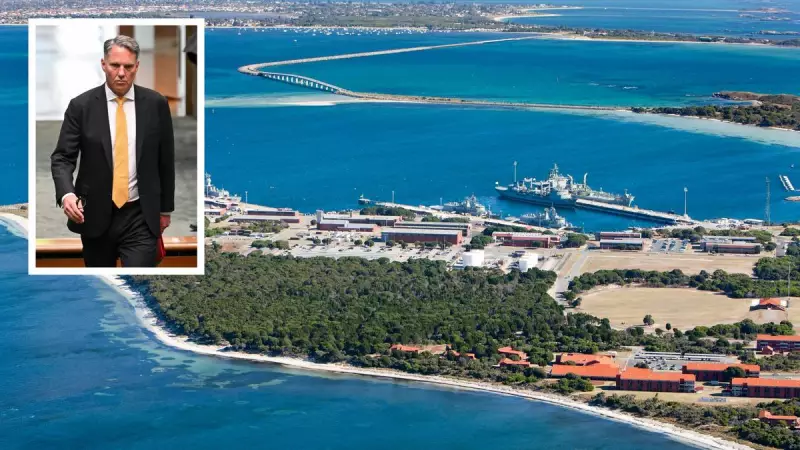
One of Western Australia's most popular fishing and recreation destinations is about to become permanently off-limits to the public under sweeping new security measures linked to the AUKUS nuclear submarine agreement.
Security Trumps Recreation at Historic Naval Base
The federal government has confirmed that Garden Island, located about 50 kilometres south of Perth, will soon be closed to all recreational activities including fishing, swimming, and diving. The decision forms part of a comprehensive security overhaul at the strategic naval base that hosts Australia's Collins-class submarines.
Defence Minister Richard Marles announced the establishment of a permanent exclusion zone around the island, citing the need for enhanced protection measures as Australia prepares to host nuclear-powered submarines under the landmark AUKUS pact with the United States and United Kingdom.
The new restrictions will fundamentally change how Western Australians interact with this historic location. For generations, the island has served as a cherished weekend destination where families could fish from the shores and enjoy the pristine marine environment.
Timeline and Implementation of New Restrictions
The transition to a fully secured facility will occur in stages, with complete public access expected to cease by late 2024. Defence officials are currently working on the detailed implementation plan, which will include clear signage and public communication about the changing access arrangements.
Local fishing communities and recreational users have expressed deep disappointment at the impending closure. Many argue that the island represents some of the most accessible and productive fishing grounds near Perth, particularly for those without boats who traditionally fished from the shoreline.
The government acknowledges these concerns but maintains that national security requirements must take priority. The AUKUS agreement, which will see Australia acquire nuclear-powered submarines, demands the highest level of protection for naval assets and infrastructure.
Broader Implications for Local Communities and Security
The exclusion zone forms part of a broader $13 billion investment in upgrading naval infrastructure across Australia to support the future submarine fleet. Garden Island's HMAS Stirling base, already the largest naval facility in the country, will require significant expansion and hardening to accommodate the new vessels.
While recreational users will lose access, the government emphasizes that the security measures will create numerous employment opportunities during the construction phase and ongoing operations. The submarine program is expected to generate thousands of jobs in Western Australia over the coming decades.
Local tourism operators and fishing charter businesses are now reassessing their operations, with many needing to identify alternative locations for their activities. The closure removes a key destination that has long featured in fishing guides and tourism promotions for the Perth region.
Defence authorities stress that the exclusion zone represents a necessary evolution in Australia's security posture. As the nation prepares to operate some of the world's most advanced military technology, protecting the facilities that support these assets becomes increasingly critical to national defence capabilities.






